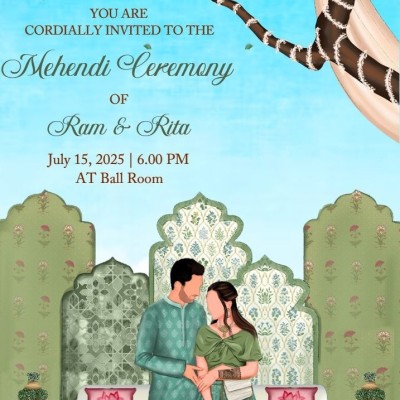Unveiling the Mysteries of Ancient Egypt
Welcome to a journey with Traveljoy, where we delve deep into the heart of ancient Egypt, a civilization that continues to fascinate and inspire. Beyond the famous pyramids and sphinxes, lies a rich tapestry of daily life, intellectual thought, and technological innovation. Join us as we explore the lesser-known, yet equally captivating, facets of this remarkable civilization.
The Ingenuity of Ancient Egyptian Paper
Ancient Egypt's greatest contribution to the world of writing was arguably its paper. The development of ancient egypt papyrus was a revolutionary step that allowed for the widespread recording of history, literature, and religious texts.
From Plant to Paper: The process of making ancient egypt papyrus paper was an intricate art. Strips of the papyrus plant were layered and pressed, creating a smooth, durable surface perfect for writing. The final product was a flexible, lightweight medium that was far more practical than clay tablets for record-keeping.
A Lasting Legacy: This ancient form of ancient egypt paper allowed for the creation of scrolls that have survived thousands of years, offering us invaluable insights into their society.
A Glimpse into Daily Life and Beliefs
The everyday life of the ancient Egyptians was governed by a rich culture and a deep connection to their environment.
Clothing and Status: The apparel of the elites, such as the pharaoh, was a symbol of power and divinity. Ancient Egypt pharaoh clothing was often made from fine linen, adorned with elaborate headdresses, collars, and belts that marked their supreme status.
The Power of Priests: The role of ancient Egypt priests was central to society. They acted as intermediaries between the people and the gods, overseeing rituals, maintaining temples, and preserving sacred knowledge.
Leisure and Recreation: Life wasn't all work. Ancient Egypt recreation included board games like Senet, fishing, hunting, and vibrant festivals that celebrated the gods and the cycles of the Nile.
The Landscape that Shaped a Civilization
The geography of Egypt played a crucial role in its development. The ancient egypt physical features, dominated by the fertile Nile River Valley, provided the perfect conditions for a prosperous civilization.
The Nile River: This lifeblood of Egypt provided water for drinking and irrigation, and its predictable annual flooding deposited nutrient-rich silt, making the surrounding land highly fertile.
Natural Barriers: Deserts to the east and west, along with cataracts on the Nile, provided natural barriers that protected Egypt from invaders, allowing its civilization to thrive for millennia.
The Rise and Fall of a Dynasty
The story of ancient Egypt's rise and fall is a compelling narrative of triumph, innovation, and eventual decline. From the unification of Upper and Lower Egypt to the construction of monumental pyramids, the Old, Middle, and New Kingdoms each left an indelible mark on history. The civilization's long reign was marked by periods of stability and expansion, but was ultimately weakened by internal strife, invasions, and climate change, leading to its eventual absorption into other empires.
Innovations and Intellectual Thought
The ancient Egyptians were not just builders; they were also innovators and thinkers.
Agricultural Technology: The ancient Egyptian plow was a simple yet effective tool that revolutionized agriculture. Originally a handheld tool, it evolved into one pulled by oxen, significantly increasing the efficiency of tilling the soil and supporting a large population.
Pioneering Thought: While not in the same vein as the named philosophers of Greece, ancient Egyptian philosophy was deeply embedded in their religious beliefs and moral codes. Concepts like Ma'at, representing truth, balance, and order, were the foundation of their ethical system. The wisdom literature, passed down through generations, served as a guide for living a virtuous life.
While we may not have specific "ancient egypt philosophers" whose works are well-known, their intellectual legacy lives on in their monumental art, scientific advancements, and profound spiritual texts.
Join us on your next adventure to Egypt with Traveljoy, where we bring history to life.

















